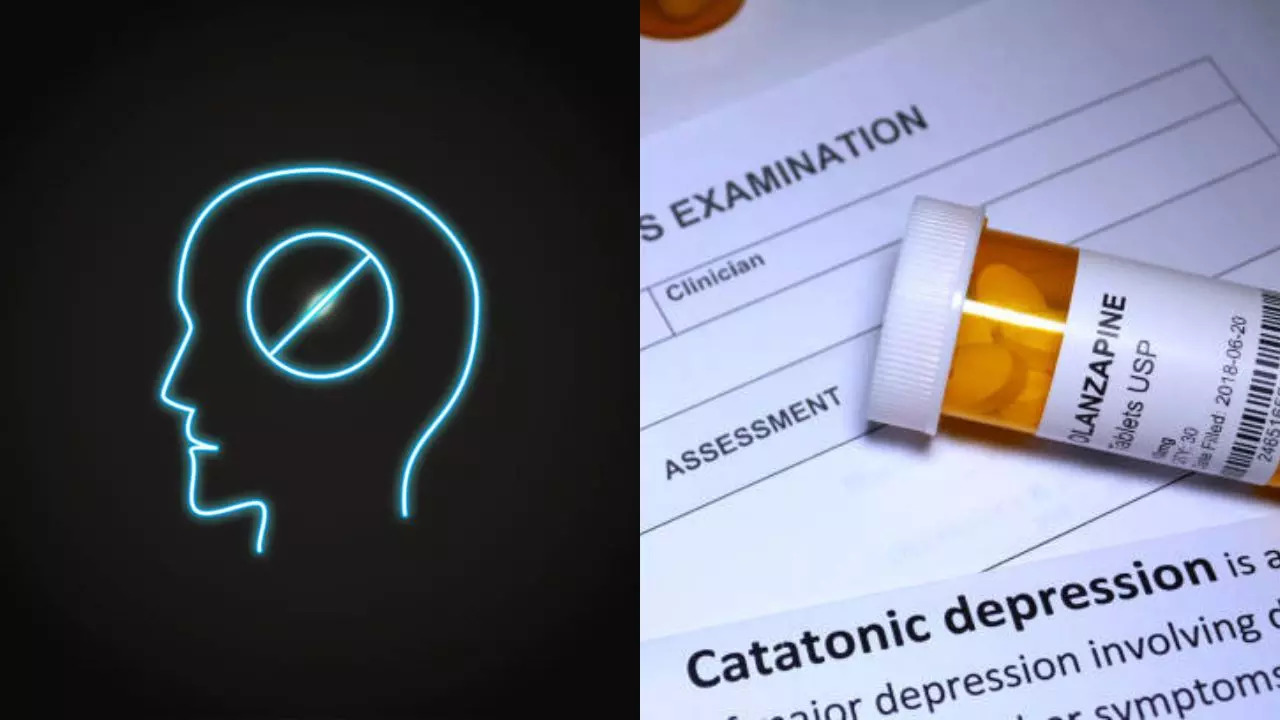Contents
Young woman suffers psychological breakdown after being scolded at work; Know the catatonic stupor she went throughLee suffered from a catatonic stuporwhat is catatonic stupor And how does it affect you mentally and physically?What causes catatonic stupor?,Signs and symptoms of catatoniaWho has the highest risk factor for developing catatonia?
-
news
-
Health
-
mental health
Young woman suffers psychological breakdown after being scolded at work; Know the catatonic stupor she went through
A young Chinese woman suffers a psychological breakdown after being scolded by her boss at work, leaving her extremely traumatized. According to a news report, Li, a resident of Henan province, became catatonic – she stopped eating, drinking, or even moving as a result of the trauma, resulting in her condition becoming completely Became motionless. Read on to learn more about this painful disorder.

Lee was scolded by her team leader for work-related issues which made her unhappy and eventually completely shut down emotionally and physically.
A young Chinese woman suffered a severe psychological breakdown after being scolded by her supervisor at work. According to a news report by the South China Morning Post, Li, from Henan province, became catatonic as a result of the trauma – he stopped eating, drinking or even moving.
News reports stated that Lee was scolded by her team leader for work-related issues, causing her to become unhappy and eventually completely shut down emotionally and physically. Lee’s condition deteriorated over time – his physical abilities severely declined. Her family said that if they removed the pillow from under her head, she would hang in the air and be unable to support herself. She gradually lost complete control over even basic bodily functions – even using the toilet required constant assistance from her family members.
Lee suffered from a catatonic stupor
According to doctors, when he was brought to the hospital, Lee looked like a “wooden figure” – unable to move or respond. Dr. Jia Dehuan, Li’s physician at Zhengzhou Eighth People’s Hospital, said she was suffering from catatonic stupor – a severe form of depression characterized by immobility, unresponsiveness, loss of motor control, and detachment from reality.
This rare and extreme manifestation of depression is triggered by intense emotional trauma, Dr. Zia said.
According to Dr Jia, Li was an introvert and struggled to open up to people, and small triggers led to her condition – which is now being treated.
what is catatonic stupor And how does it affect you mentally and physically?
Studies say that catatonic stupor – also called catatonia, is a psychomotor disorder – involving a disconnect between mental function and movement, which affects a person’s ability to walk normally. People who have this condition experience a variety of symptoms – including numbness that leaves them unable to move, speak or react to anything.
According to experts, catatonia lasts from a few hours to weeks, months or years. It may reoccur even years after the initial episode.
What causes catatonic stupor?,
According to experts, there are many reasons behind the onset of catatonia, some of which are as follows:
- neurodevelopmental disorders
- mental disorder
- bipolar disorder
- depressive disorder
- cerebral folate deficiency
- autoimmune diseases
Signs and symptoms of catatonia
There are several symptoms that indicate you may have catatonia, some of which include:
- Numbness: Making a person unable to move, speak, or look blank.
- Asana – where the person remains in the same position
- malnourished and dehydrated
- Echolalia – a condition where a person responds to conversations by simply repeating the same sentences over and over again
- muscle stiffness
- negativity
- copying another person’s actions
- become mute
- Restlessness
- hardness
- Vital signs like blood pressure, breathing and heart rate continue to fluctuate
Who has the highest risk factor for developing catatonia?
Doctors say women have a higher risk of developing catatonia and it increases with age. Even though the condition has historically been associated with schizophrenia – a mental health disorder – catatonia is now treated as a separate disorder.
Statistics say that about 10 percent of terminally ill psychiatric patients experience catatonia. At least 20 percent are diagnosed with schizophrenia, while 45 percent are diagnosed with a mood disorder.
Additionally, women suffering from postpartum depression may also experience this condition. Other risk factors include:
- frequent cocaine use
- low salt level in blood
- Excessive use of drugs like ciprofloxacin
Get the latest news live on Times Now with breaking news and top headlines on mental health, wellness and more from around the world.


